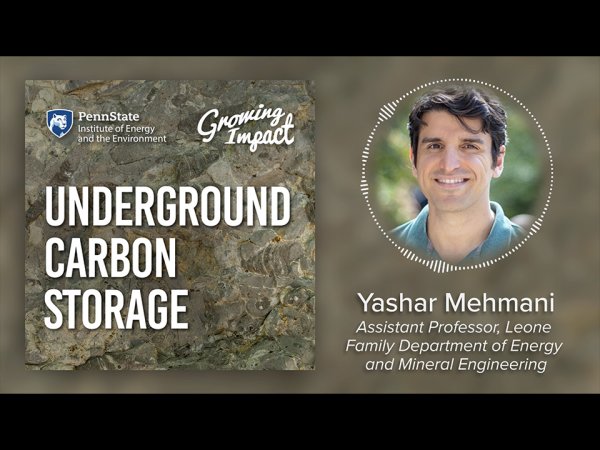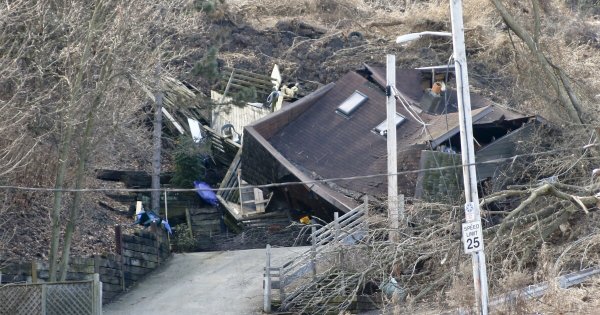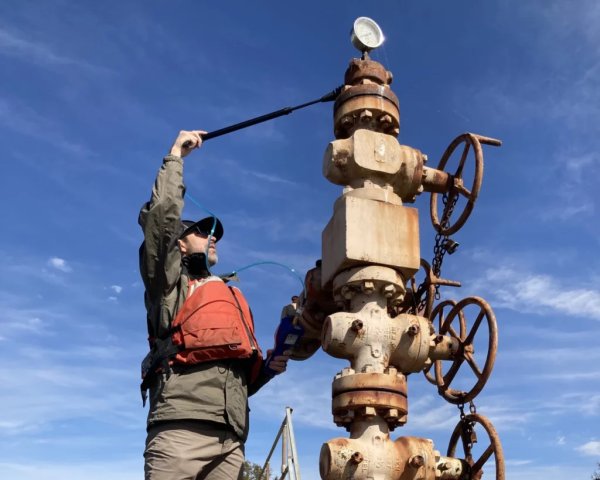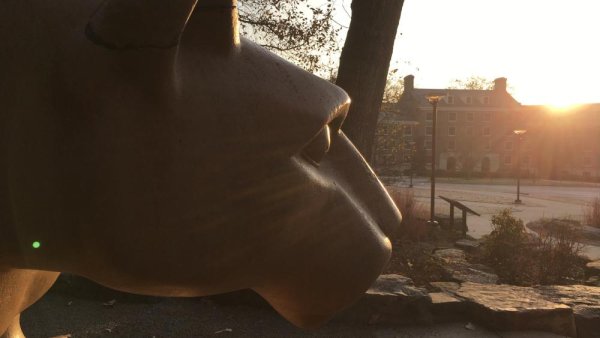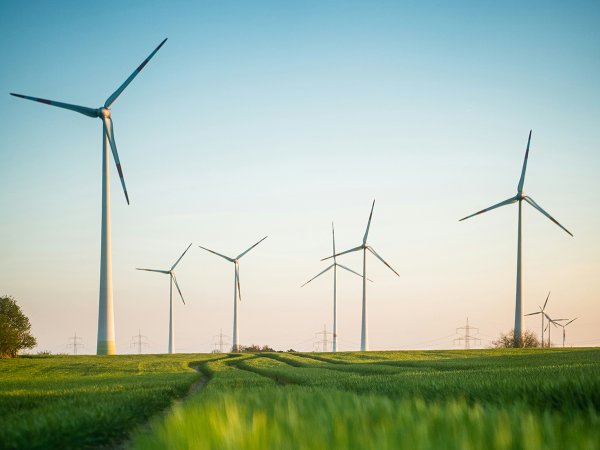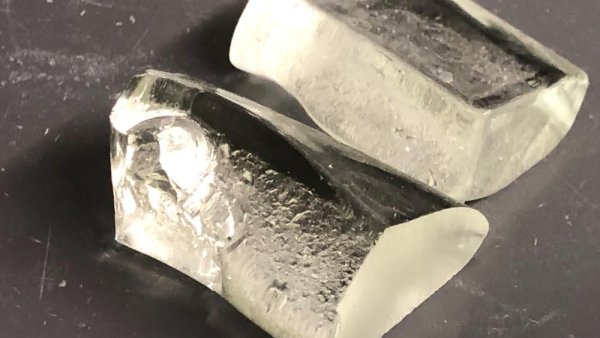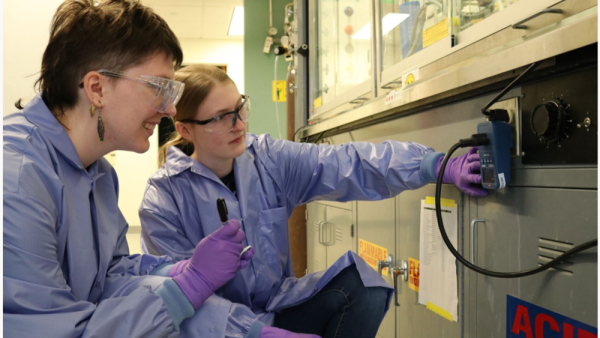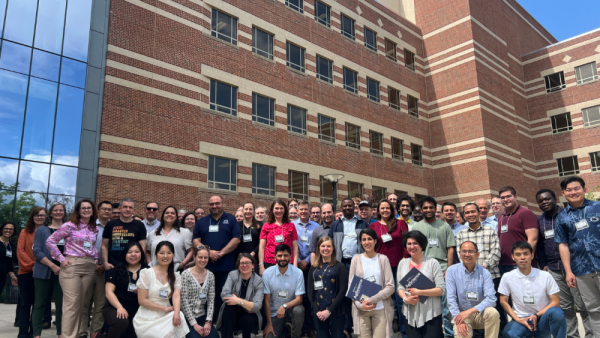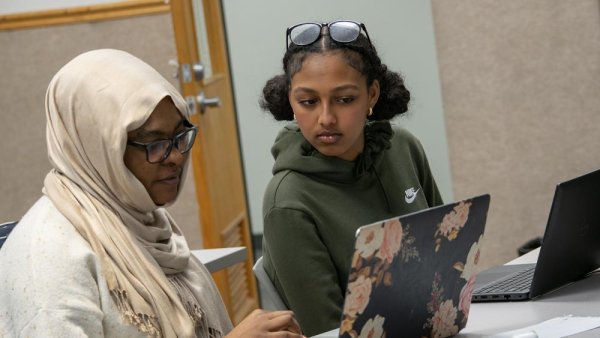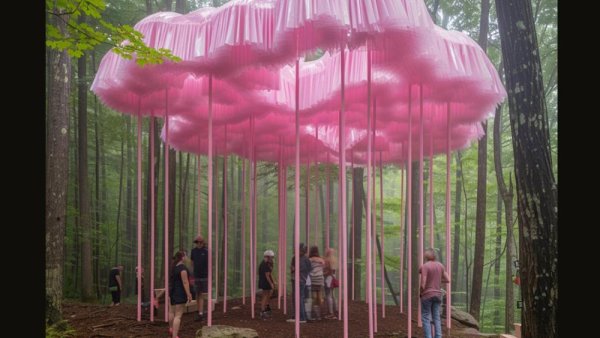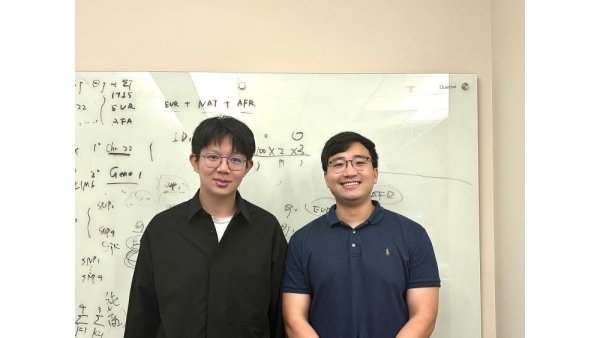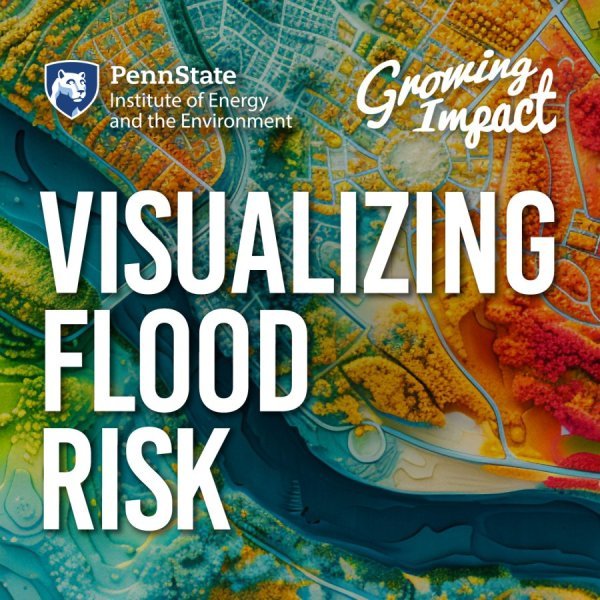Growing Impact: Underground carbon storage (Preview)
| youtube.com
Episode release date: June 1, 2024. Storing carbon dioxide underground could offset the record amounts of CO2 that humans emit each year. If this technology is successful, it could be an answer to climate change impacts, such as rising temperatures and acidification of the ocean. However, the process is complex and costly. A team of researchers is exploring one way liquid CO2 could be injected into rock formations, which may efficiently convert the molecule into a solid.
Mount Washington landslide mitigation begins as climate challenges increase
| wesa.fm
Pittsburgh is the land of landslides, yet research monitoring them is sparse. But projects out of Pittsburgh’s universities could fill in the gaps to sturdy the region’s hillsides. This article mentions Penn State research.
'Doomsday glacier' explained: why scientists believe it predicts devastating sea levels - which might happen faster than thought
| forbes.com
The Doomsday Glacier is the widest glacier in the world, and it already accounts for around 10% of global sea level rise. This article features Penn State research.
Leaky landscape: Old oil wells could threaten carbon injection safety
| yahoo.com
Oil and gas companies spent more than a century pumping carbon out of Louisiana, leaving a landscape pockmarked with thousands of abandoned wells. Now there are ambitious plans to do the opposite: inject vast quantities of carbon back into the ground in an effort to curb climate change. This article quotes Li Li, professor of civil and environmental engineering.
Impact of eight-figure estate commitment will be felt across the University
| psu.edu
A donor who has chosen to remain anonymous has stepped forward with an eight-figure estate commitment, bringing the donor’s total support of Penn State to more than $13.5 million. The gift will enhance scholarship support in the College of Education and the College of Agricultural Sciences and at Penn State Berks; further pediatric cancer research at Penn State College of Medicine; provide top academic leaders with flexible resources; and help the Blue Band to continue inspiring pride across the Penn State community.
Unlocking the true potential of wind energy
| by Nilanjan Ray Chaudhuri, Kevin Sliman
Wind energy is a powerful and abundant renewable resource. It could hold the key to a cleaner and more sustainable future. But harnessing its full potential requires overcoming a crucial hurdle: efficiently transmitting electricity generated by wind farms to the power grid.
GAP funding paves the way for research to move from lab to market
| psu.edu
Four projects were recently awarded Penn State Commercialization GAP funding. The GAP Fund, formerly known as the Fund for Innovation, aims to accelerate the development of promising research across the University by closing the funding gaps between proof-of-concept research and readiness for commercialization.
Penn State Sustainable Labs Program concludes second year, expands on successes
| psu.edu
The Sustainable Labs Program provides educational support and networking opportunities to labs across Penn State, helping them implement changes to become more energy and resource efficient. Actions taken by participating labs are estimated to result in over $155,000 in savings for the University and reduce about 490 tons of carbon dioxide emissions annually.
Technology in agriculture initiative kicks off with collaborative symposium
| psu.edu
Attendees from within and beyond the University recently convened at Penn State for the Technologies for Agriculture and Living Systems Symposium, where they had the opportunity to learn about current research, share ideas for collaboration, and grow networks.
EnvironMentors offers high school students a college research experience
| psu.edu
Penn State Harrisburg began participating in the Penn State chapter of EnvironMentors in 2019. The program links a high school student with an undergraduate student mentor and a faculty mentor for an environmentally themed research project that takes place over the course of the academic year. The work culminates in a research symposium at University Park.
Architecture department head to participate in Loghaven summer artist residency
| psu.edu
Frank Jacobus, professor and head of the Department of Architecture and Stuckeman Chair of Integrative Design, is set to go on a four-week artist residency at Loghaven in Knoxville, Tennessee, to work on a sculpture garden pavilion designed by artificial intelligence.
New AI algorithm may improve autoimmune disease prediction and therapies
| psu.edu
A new advanced artificial intelligence algorithm more accurately models how genes associated with specific autoimmune diseases are expressed and regulated. Develop by a team led by Penn State College of Medicine researchers, it outperforms existing methodologies and identified 26% more novel gene and trait associations.

